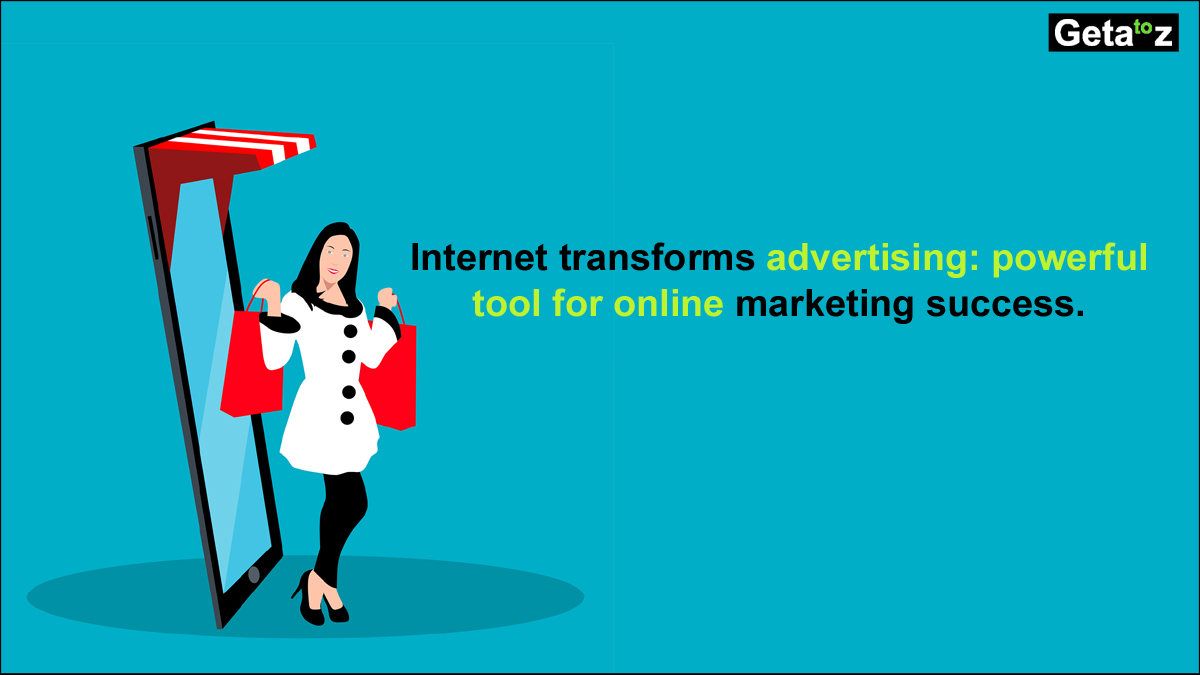Starting a wholesale fabric business online
Updated: December 8, 2024

What is a Wholesale Fabric Business?
Understanding Wholesale Fabric Market:
Fabrics crafted from cotton are designed with vibrant, authentic patterns that cater to style-conscious consumers. Online fabric offerings primarily focus on aligning style with effective marketing strategies, targeting specific customer groups. To thrive in this competitive market, understanding trends and strategizing goals are essential for growth.
Understanding the Market:
Begin by identifying your market. This step, though often overlooked, is crucial for success. Assess your financial goals and analyze the fabrics your competitors offer. Are they luxury fabrics or specific patterns? Determine if their offerings are driven by ease of production or high demand. Study competitor pricing and explore unique selling points that differentiate your fabrics from theirs.
Finding Suppliers:
Trade shows are excellent venues to connect with wholesalers. These events allow you to compare multiple proposals and evaluate options for partnering with suppliers. Building a reliable network of wholesalers is key to acquiring quality fabrics.
Overcoming Challenges:
Becoming a bulk distributor in the fabric industry is challenging, requiring resilience and a clear strategy. Success demands meticulous planning, innovative marketing, and identifying what sets your offerings apart. With a focus on market needs and effective promotion, achieving your goals is possible in this competitive sector.
Steps to Start a Wholesale Fabric Business Online:
1. Pick a Niche:
It’s impossible to cater to all fabric styles and types, so selecting a niche is crucial. Start by determining the kind of garments or fabrics your wholesale business will focus on and identify your target clients. For example, if you’re selling t-shirt fabrics, decide whether you’ll cater to bargain stores, high-end retailers, or specific demographics such as men’s, women’s, or children’s wear. You can further refine your niche by aligning with specific trends, like sustainable fabrics, which have gained popularity in the fashion industry. A clear niche will streamline your business strategy, marketing, and sales efforts.
2. Create a Business Plan:
A well-structured business plan is vital for navigating the complexities of an online wholesale fabric business. It should include: Summary and Overview: Define your business type, structure, and objectives. Market Analysis: Research your target market to determine demand and identify competition. Cost Analysis: List potential suppliers, pricing, and profit margin estimates to ensure financial viability. A business plan provides a sense of direction and helps you stay focused, especially during the challenging start-up phase.
3. Obtain Licenses and Permits:
Understanding licensing requirements is a critical step. Wholesale License: Contact your state’s tax authority for resale license details. Business Licenses: Check with your Secretary of State’s office for additional requirements. Employer Identification Number (EIN): Apply for an EIN for tax filing and operational ease. Sole proprietors may not need an EIN unless they hire employees.
4. Plan Logistics:
Logistics are essential for smooth operations. Consider: Suppliers: Evaluate pricing, speed, quality, and location when choosing manufacturers or artisans. Physical Location: Start small, but plan for expansion as your business grows. Shipping: Prioritize cost, reliability, and timeliness, especially for international deliveries. Personnel: Hire staff for procurement, sales, finance, and warehouse management as needed.
5. Pricing Strategy:
Your pricing depends on supplier costs and wholesale discounts. Set competitive prices while ensuring profitability. Quality offerings at reasonable prices help retain customers and build trust.
6. Establish an Online Presence:
Create a professional website or online store to attract manufacturers and retailers. Utilize eCommerce marketplaces to boost visibility and direct more traffic to your listings.
7. Customer Service Excellence:
Wholesale businesses are service-oriented. Ensure timely deliveries and address any issues promptly. Exceptional service helps retain customers and build long-term relationships.
8. Set Return Policies:
Review manufacturers’ return policies to create a clear return process for your business. Check their guidelines for handling defective or unwanted products to align your after-sales service accordingly.
9. Invest in Inventory Management Software:
Use inventory control software to manage stock efficiently, even across multiple warehouses. Proper tracking ensures better rotation and higher profitability.
10. Maintain Strict Payment Policies:
Keep strict financial controls and enforce payment policies with dealers to protect your investments. Proper cash flow management is critical for sustaining your wholesale business. By following these steps, you can establish a well-rounded wholesale fabric business and position it for long-term success.